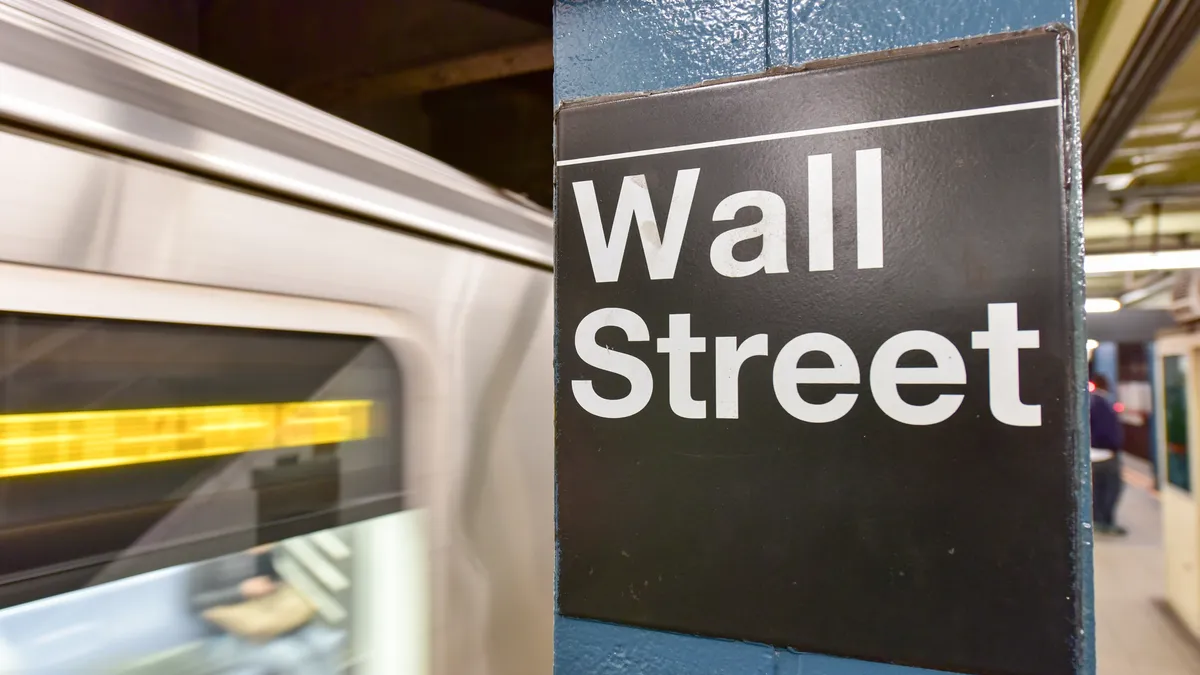Dive Brief:
-
Nevro posted second-quarter revenues Wednesday that declined 40% year over year to $56.4 million but beat the analyst consensus by close to 50%, adding to evidence of the swifter-than-modeled rebound in demand for medtech products.
-
On an earnings call with investors, Nevro said sales of its spinal cord stimulation systems were flat in June but continued to recover in July. The company shied away from providing formal guidance but expects sales to grow in the third quarter.
-
Although market competitors Abbott, Boston Scientific and Medtronic do not clearly break out SCS sales in their financial results, Nevro contends it “continued to pick up share” amid the pandemic.
Dive Insight:
Nevro’s focus on selling devices used in elective procedures as well as clinical trials meant it took a big hit at the start of the pandemic. William Blair analysts said April “may have seen near-zero trial procedures,” wiping out an important part of Nevro’s business for one-third of the quarter.
The results of other medtech companies, many of which reported a return toward normal over the course of the second quarter, raised expectations for Nevro’s financials. Even so, Nevro delivered a positive shock, posting a sales beat that analysts at SVB Leerink said “exceeds what we think were even elevated expectations.”
Asked by an analyst about the reasons behind the quick rebound, Nevro CEO Keith Grossman said he lacks visibility into market share shifts because key rivals bundle SCS sales in broader divisions in their financial results, making it impossible to tell how individual products perform. But Grossman cited anecdotal signs that "despite the negative impact on the overall market," it's continued to pick up share, in part thanks to remote interaction with patients.
William Blair identified Nevro’s savvy adaptation to the era of virtual care, namely use of existing “digital infrastructure to connect directly to patients while clinician offices were closed,” as one reason it may have picked up share in the quarter. As the analysts note, the benefit of those capabilities “may wane a bit as offices reopen” but they see “general goodwill” accrued by Nevro during the pandemic as a positive for the company.
Nevro’s rivals have shared some qualitative commentary on their SCS products. Boston Scientific CEO Michael Mahoney told investors the company's broader neuromodulation unit was “benefiting from site of service given the majority of all SCS trial procedures occur in the office or [ambulatory surgery center] setting.” Abbott said it “saw steady improvements in procedure volumes” across its neuromodulation division. Medtronic, Nevro’s other big competitor, won't share results from its most recent quarter until Aug. 25.
Nevro expects to benefit from more tangible tailwinds in the near term. To date, around half of the procedures deferred as a result of the pandemic have been performed or rescheduled. As physicians work through that backlog in the third quarter, Nevro expects sales to grow, only to flatten off in the fourth quarter once providers have dealt with the pent-up demand. COVID-19 spikes could disrupt that vision but Nevro has only seen a “small impact” from recent rises in U.S. infections.
Looking forward, Nevro highlighted the CMS proposed rule released this week that could increase hospital and ambulatory surgery center payment by between 2% and 5% beginning in 2021.










